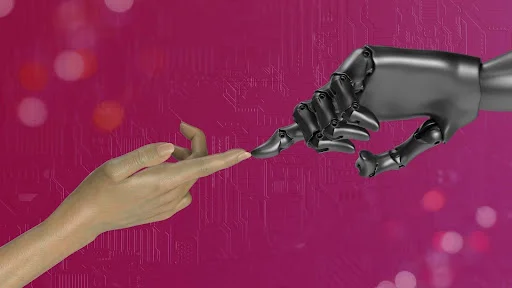Imagine an engineer hunched over a desk, drowning in spreadsheets, or a coder staring at a screen, hunting for that one pesky bug. Now picture a world where those headaches are handled by a tireless, whip-smart partner—an AI agent. These intelligent systems are flipping the script on how engineers solve problems, turning grunt work into a breeze and sparking ideas that push the boundaries of what’s possible. From bridges to software, AI agents are reshaping fields like civil, mechanical, and software engineering by automating tasks, refining designs, and teaming up with humans to tackle tough challenges. Let’s explore how these game-changers are rewriting the rules, what they bring to the table, and where they’re headed next.
Kicking Busywork to the Curb
Engineering is full of time-sinks—think sorting through data, crunching numbers, or drafting reports. These tasks aren’t just tedious; they steal hours from the creative stuff engineers live for. Empowering engineers with AI agents is like a superpower, zipping through repetitive jobs with speed and precision. Powered by slick algorithms, they can analyze massive datasets, spot trends, or flag issues in no time. A mechanical engineer might lean on AI to test material stress data, saving days of manual calculations.
Building Smarter, Faster Designs
Designing anything—a car part, a skyscraper, or a jet engine—used to mean endless trial and error. AI agents are changing that by running simulations at warp speed. They can churn out thousands of design options, tweaking for cost, strength, or efficiency, and hand engineers the best ones to refine. This trick, called generative design, is a big deal. An aerospace engineer might use it to craft a lighter, fuel-saving wing that still holds up under pressure. AI doesn’t just speed things up; it dreams up solutions humans might miss, blending practicality with out-of-the-box thinking. By testing designs against real-world conditions like heat or vibration, these tools ensure every idea is ready for prime time.
Coding Without the Headaches
For software engineers, AI agents are like a trusty sidekick. They scan code, catch bugs, and suggest fixes before you’ve even finished your coffee. Trained on huge libraries of code, these systems can spot inefficiencies, recommend slicker algorithms, or even help rewrite messy sections. A 2023 IEEE Spectrum piece says AI coding tools have slashed debugging time by up to 40%, letting developers ship polished products faster (IEEE Spectrum, 2023). They’re also great for learning new languages or tackling unfamiliar projects, offering real-time tips that make complex coding feel less like a slog. It’s not about replacing coders—it’s about making their lives easier and their work sharper.
Partnering Up for Big Wins
AI agents aren’t just number-crunchers; they’re collaborators that bring fresh angles to the table. They can digest tricky requirements, pivot with new data, and serve up insights that spark better decisions. In environmental engineering, an AI might weigh climate data to pick eco-friendly materials that don’t break the bank. In electronics, it could fine-tune a circuit to perform flawlessly under tough conditions. This teamwork shines in projects that blend disciplines, like self-driving cars or smart grids, where AI keeps everyone in sync. It’s like having a teammate who’s always ready with a smart suggestion, helping engineers nail solutions that are both clever and doable.
Dodging the Pitfalls
AI’s not perfect. Lean on it too much, and engineers risk getting rusty. Plugging these tools into existing workflows can be a hassle, requiring training and patience. Then there’s the ethical side—algorithms can mess up if they’re biased, and sensitive project data needs Fort Knox-level security. Engineers have to stay in charge, using AI to boost their work, not run the show. By keeping a sharp eye on these challenges, the industry can make sure AI delivers without derailing.
The Road Ahead
What’s next? AI agents are only getting smarter. Soon, they might scan a construction site’s plans, flag weak spots, and pitch fixes in real time. Or they could take on whole chunks of projects, like early prototypes, with engineers steering the ship. These leaps could save money, green up industries, and speed up breakthroughs in areas like clean energy or robotics. As AI gets better at blending text, images, and data, it’ll open doors to solutions we can barely imagine today.
The Bottom Line
AI agents are shaking up engineering, turning repetitive tasks into quick wins, dreaming up bold designs, and making code cleaner. They’re not flawless—overuse and ethical risks need careful handling—but their impact is massive: faster projects, sharper ideas, and more room for creativity. As these tools evolve, they’ll become even bigger allies, helping engineers solve problems that once seemed impossible.
By partnering with AI, engineers aren’t just keeping pace—they’re building a future where human smarts and machine muscle create something truly remarkable.







